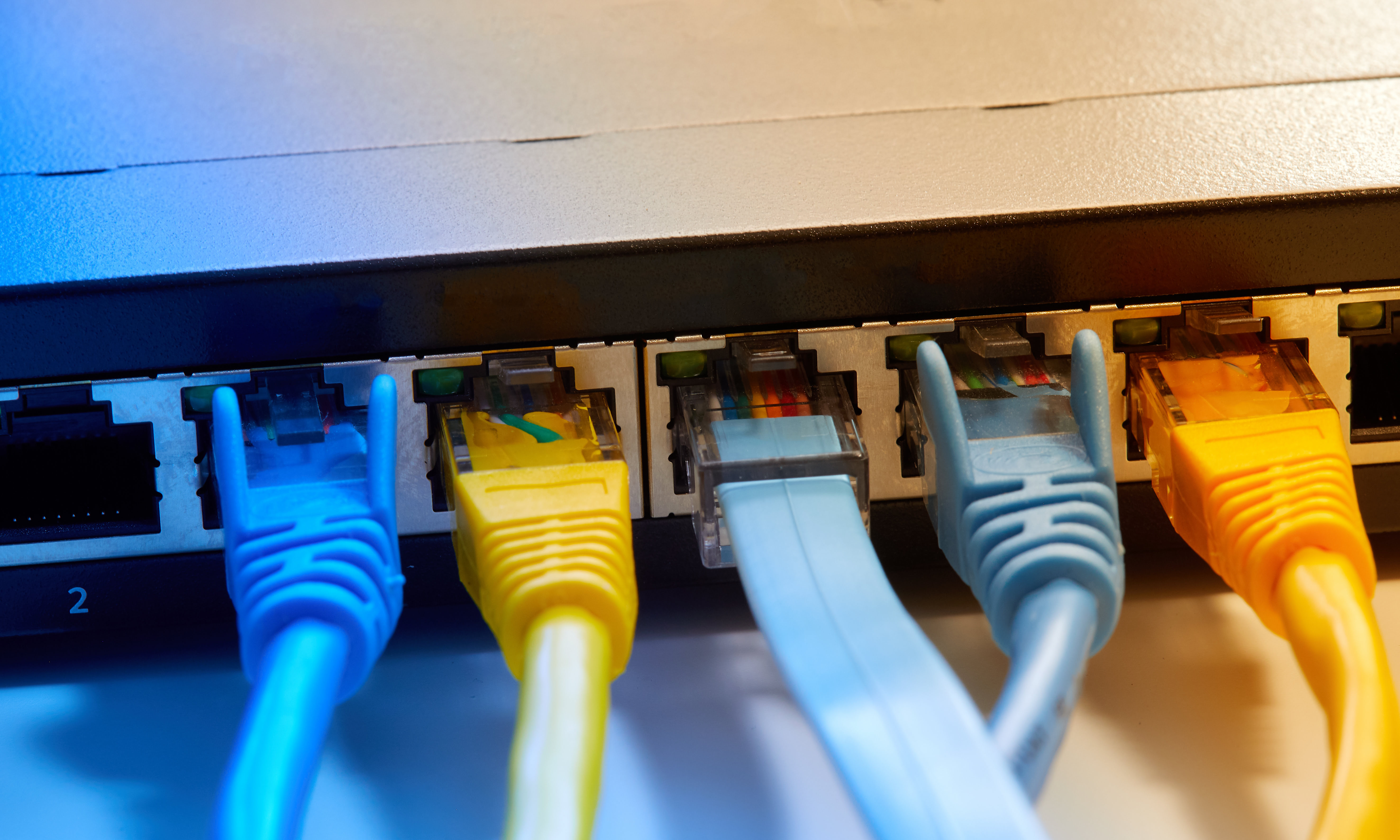
How fast an internet connection do you really want? Well, that probably varies – based on your needs, not to mention your budget for the monthly payment – but odds are you might regard 402Tbps as overkill.
Yes, we didn’t mistype that – 402Tbps, as in Terabytes – and as you might guess, that staggering speed is a new world record for the fastest-ever performance achieved via a standard (commercially available) fiber optic cable.
The 402Tbps speed was hit by a team from Japan’s National Institute of Information and Communications Technology (NICT), as Fudzilla reports. It was realized using a 50km length of fiber and a whole bunch of clever trickery including six signal amplifiers to pep things up (quite considerably).
The NICT explains: “Novel optical gain equalizers also allowed access to new wavelength bands that are not yet utilized in deployed systems.”
402Tbps works out at downloading just over 50TB every second, no less, and easily outguns the previous high speed by around 25%.
The NICT further observes: “These results show the potential of ultra-wideband transmission, enabled by a new amplifier and wideband spectrum-shaping technology to increase the information carrying capability of new and deployed optical fibers.”
Analysis: Downloads in the blink of an eye
Of course, such technology is a million miles away from being deployed on a consumer level. However, what this does show is how fast technology is progressing in yet another respect, and that we might get stupidly speedy downloads along these kinds of lines eventually, topping our rankings of the best broadband lines out there.
This sort of performance would allow for, say, the downloading of a full 4K movie in under a millisecond (or maybe a touch over, if it’s a particularly long film). Or you could grab massive game installs like Baldur’s Gate 3 or Starfield in around 3ms or so.
Snappy doesn’t even begin to cover it, and we’ve certainly come a long way since the days of Quake and playing online via a 56K dial-up modem (when we desperately envied those who were lucky enough to be able to afford 64K ISDN and its comparatively supreme stability, packet loss-wise).
Via PC Gamer




















+ There are no comments
Add yours